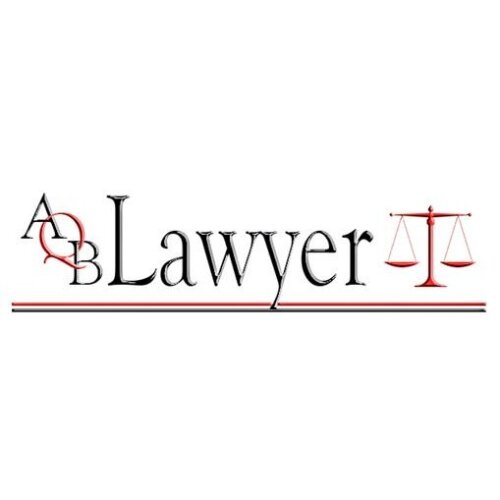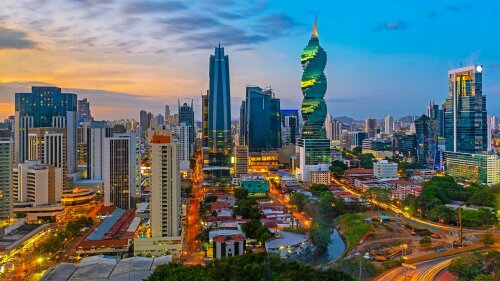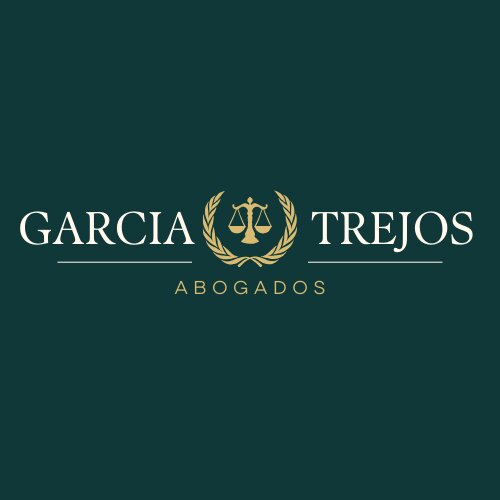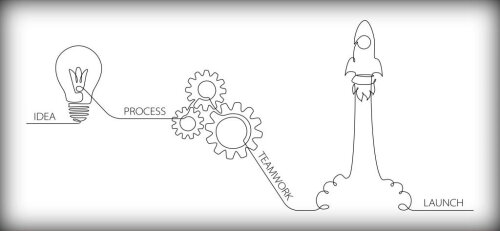Best Adoption Lawyers in Panama
Share your needs with us, get contacted by law firms.
Free. Takes 2 min.
Free Guide to Hiring a Family Lawyer
Or refine your search by selecting a city:
List of the best lawyers in Panama
About Adoption Law in Panama
Adoption in Panama is a legally recognized process where individuals or couples become the legal and permanent parents of a child who is not biologically their own. The process is regulated by Panamanian family law, designed to ensure the welfare and best interests of the child. Panama is also a participant in the Hague Convention on Protection of Children and Co-Operation in Respect of Intercountry Adoption, which underscores its commitment to ethical adoption practices. Adopting in Panama involves several legal steps, including eligibility assessment of prospective parents, compatibility checks with the child, and court validation. This process requires adherence to both national and international regulations.
Why You May Need a Lawyer
Seeking the advice of a lawyer is often crucial in navigating the complexities of adoption law in Panama. Common situations where legal help is valuable include:
- Understanding the criteria and processes for eligibility and suitability as an adoptive parent.
- Assisting with documentation, legal filings, and ensuring compliance with Panamanian and international adoption laws.
- Resolving disputes or addressing legal issues that arise during the adoption process.
- Facilitating communication and cooperation with adoption agencies and local governmental bodies.
- Guidance in inter-country adoption processes, ensuring adherence to the Hague Adoption Convention standards.
Local Laws Overview
Adoption laws in Panama are governed by the Family Code and relevant legislation such as the Hague Convention. Key elements include:
- Eligibility: Prospective adoptive parents must meet specific age and residency requirements. Both Panamanian citizens and foreigners may adopt, provided they comply with legal stipulations.
- Nautral parent consent: The biological parents of the child must consent to the adoption, unless they are deceased or legally unfit.
- Child's best interest: All decisions by the court will prioritize the child's welfare and best interests.
- Court process: Adoption needs to be finalized through a family court decision in Panama.
- Inter-country adoptions: Adoptions involving foreigners must comply with international treaties and are often more complex.
Frequently Asked Questions
What are the basic requirements to adopt a child in Panama?
Prospective adoptive parents must typically be at least 18 years older than the child, meet certain residency requirements, and demonstrate the capability to support the child emotionally and financially.
Is it possible for foreigners to adopt in Panama?
Yes, foreigners can adopt in Panama, but they must comply with additional legal requirements, including those outlined by international laws such as the Hague Convention.
How long does the adoption process take in Panama?
The adoption process can vary in time, typically taking several months to a few years, depending on the specifics of each case, including whether it's domestic or international.
Do adoptive parents receive any post-adoption support?
Yes, there are post-adoption support services available, which may include counseling and assistance programs to help with the transition.
Can same-sex couples adopt in Panama?
The legal framework for adoption by same-sex couples in Panama is evolving, and it is recommended to consult a lawyer for current legal advice on this matter.
What is the process for adopting a child who has been abandoned?
This involves legal determinations by the court regarding the child's status, followed by placement in a suitable adoptive family, always aiming at the child’s best interest.
Are there restrictions on adopting more than one child at a time?
There are no explicit legal restrictions, but each child’s adoption must meet all legal criteria and be approved individually.
Do I need to reside in Panama to adopt a Panamanian child?
While residency is a factor, certain allowances are made for international adoptions, often requiring additional legal processes and proofs.
How does the Hague Convention affect the adoption process in Panama?
The Hague Convention ensures that intercountry adoptions are conducted ethically, focusing on the child's best interests and preventing abduction, exploitation, sale, or trafficking.
What happens if the biological parents contest the adoption?
If contested, the court examines the circumstances and evidence to make a decision in the best interest of the child. Legal representation is crucial in these cases.
Additional Resources
For further assistance and information on adoption in Panama, you may contact:
- The National Secretariat of Adoption (Secretaría Nacional de Adopciones)
- The Ministry of Social Development (Ministerio de Desarrollo Social)
- Organizations such as Save the Children and La Casa de la Adopción can provide support.
Next Steps
If you are seeking legal assistance for adoption in Panama, consider the following steps:
- Conduct initial research and outline your goals for adopting.
- Consult with a lawyer experienced in Panamanian family law and adoption procedures.
- Prepare necessary documentation with the help of your lawyer, ensuring completeness and compliance with legal standards.
- Engage with both government bodies and adoption agencies to facilitate a smooth process.
- Maintain open communication with all parties involved and seek ongoing legal advice to address any emerging concerns or legal challenges.
Lawzana helps you find the best lawyers and law firms in Panama through a curated and pre-screened list of qualified legal professionals. Our platform offers rankings and detailed profiles of attorneys and law firms, allowing you to compare based on practice areas, including Adoption, experience, and client feedback.
Each profile includes a description of the firm's areas of practice, client reviews, team members and partners, year of establishment, spoken languages, office locations, contact information, social media presence, and any published articles or resources. Most firms on our platform speak English and are experienced in both local and international legal matters.
Get a quote from top-rated law firms in Panama — quickly, securely, and without unnecessary hassle.
Disclaimer:
The information provided on this page is for general informational purposes only and does not constitute legal advice. While we strive to ensure the accuracy and relevance of the content, legal information may change over time, and interpretations of the law can vary. You should always consult with a qualified legal professional for advice specific to your situation.
We disclaim all liability for actions taken or not taken based on the content of this page. If you believe any information is incorrect or outdated, please contact us, and we will review and update it where appropriate.
Browse adoption law firms by city in Panama
Refine your search by selecting a city.














